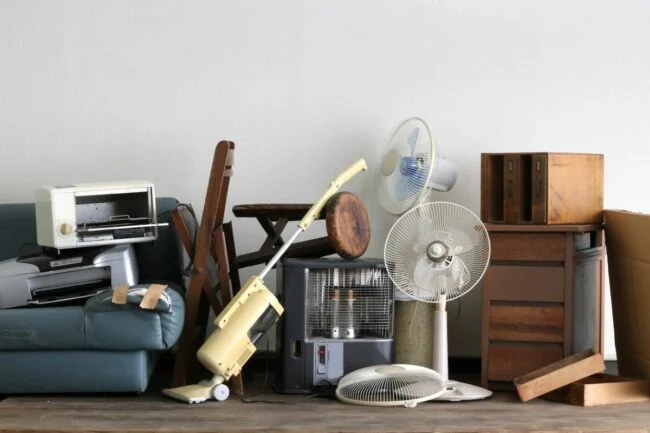Tossing away that clutter? Well, not everything belongs in the dumpster, and we’re here to shed light on why.
Whether you’re engaged in spring cleaning, undergoing renovations, or in the midst of a move, that gaping rental dumpster in your driveway may seem like the ideal destination for all your discarded items. But wait! Trash isn’t just trash; there are specific items that should steer clear of the dumpster for various reasons. Here, we highlight 13 items that should not find their way into the dumpster, along with explanations for each.
Embarking on a decluttering mission? Before you dump everything into that rental dumpster, consider this cautionary guide. Not all items are dumpster-friendly, and for good reasons. From environmental concerns to safety hazards, let’s delve into the 13 items that deserve an alternative fate.
Car Batteries and Other Non-Alkaline Batteries:
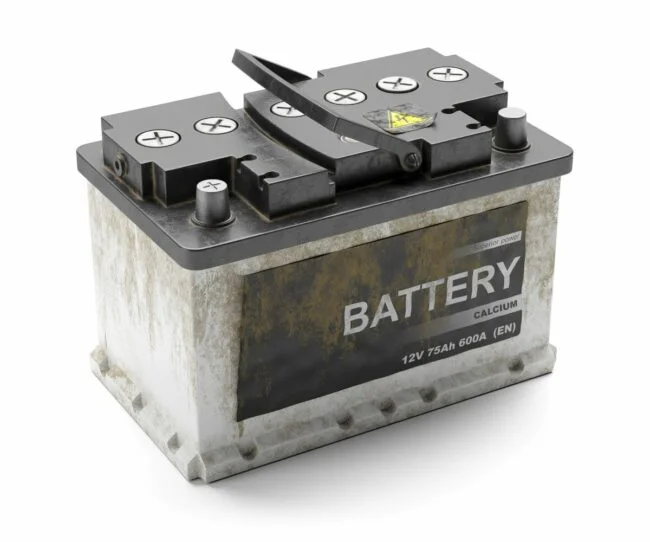
Alkaline batteries may be trash-worthy, but non-alkaline batteries, including car batteries and rechargeables, are not landfill-friendly. Their ecological impact demands proper disposal methods, ensuring they don’t harm the environment.
Grandma’s Couch or Your Old Roommate’s Mattress:
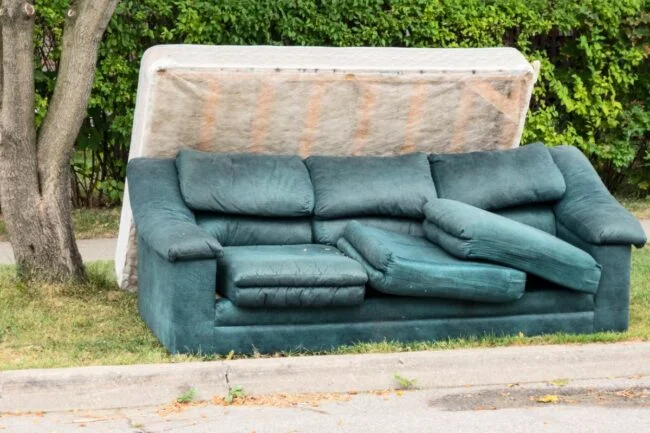
Inherited vintage furniture or stuck with an old mattress? Hold off on the dumpster. These items contain recyclable materials that need dismantling before disposal. Explore local furniture removal services to give these pieces a new life.
Spare Tires:
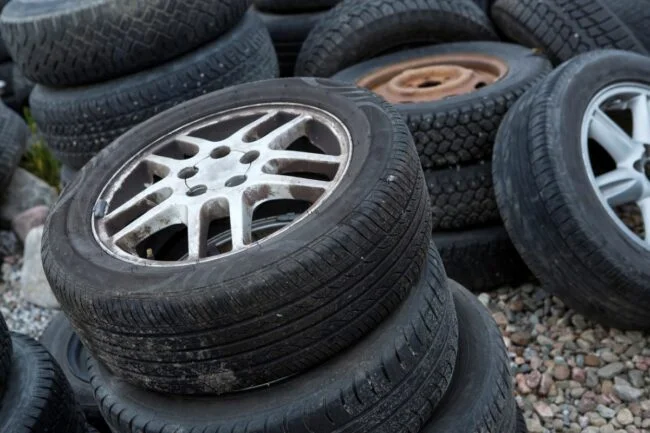
Surprisingly, tires have a landfill drama. Methane gas buildup beneath buried tires can cause environmental havoc. Coordinate with your dumpster provider for tire disposal options or explore tire recycling centers.
Old Cans of Paint:
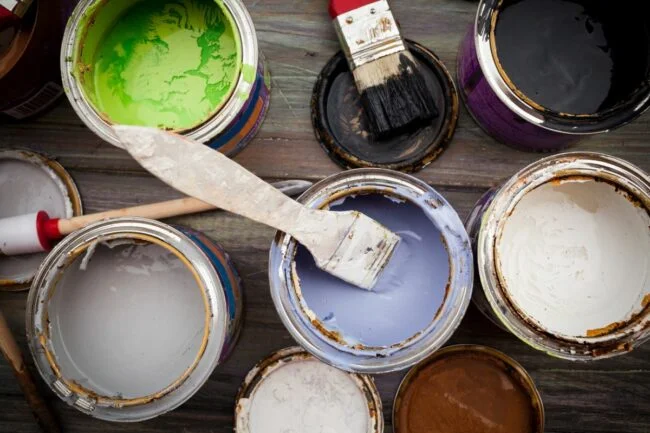
Bid farewell to oil-based paints responsibly. Leaking cans contribute to chemical seepage into the ground. Latex-based paints, once hardened, can be dumpster-bound, but hasten the process by adding paint hardeners.
Appliances and Electronics:
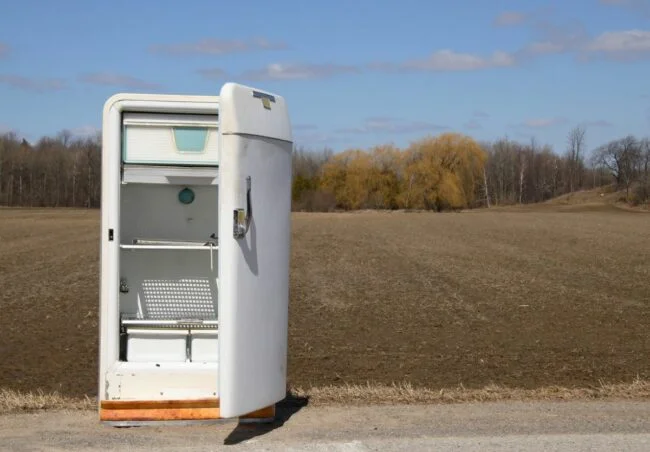
Microwaves, refrigerators, and other appliances are often a no-go in dumpsters due to ecologically harmful materials. Schedule appliance pick-ups or check local transfer stations for designated disposal days.
Gas Cans, Motor Oil, and Propane Tanks:
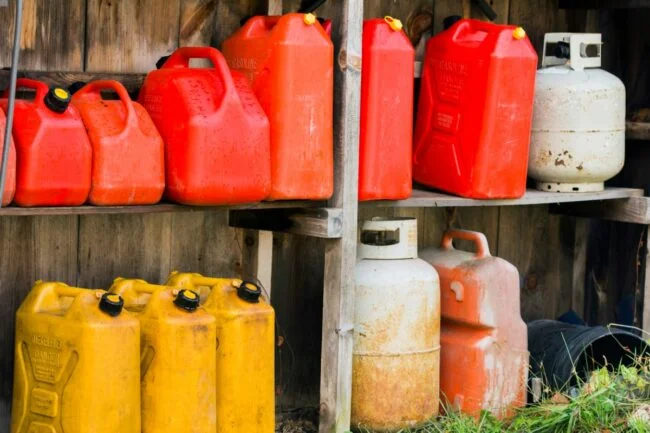
Flammable materials like motor oil and propane tanks pose risks in landfills. Contact your local hazardous materials authority for safe disposal guidance.
Animal Remains and Medical Waste:
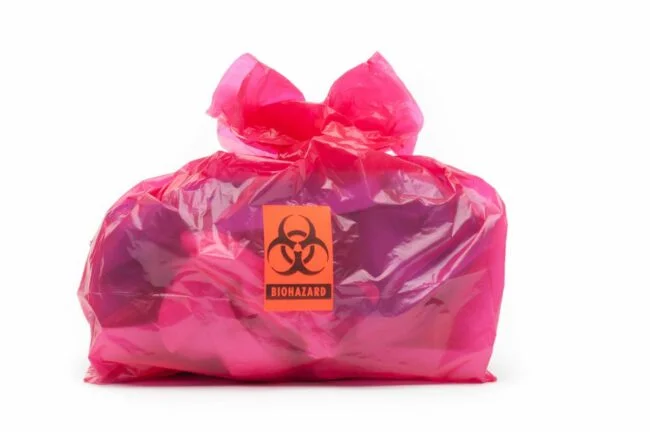
Dealing with animal remains or medical waste? Don’t toss them thoughtlessly. Follow EPA guidelines or local health agency instructions for proper disposal to ensure safety and hygiene.
Asbestos:
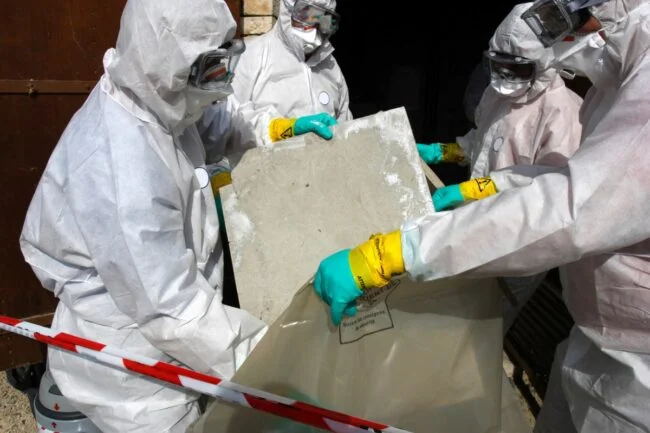
The carcinogenic menace, asbestos, lurks in unsuspecting places. Professional asbestos removal is crucial if it’s present in your home.
Railroad Ties:
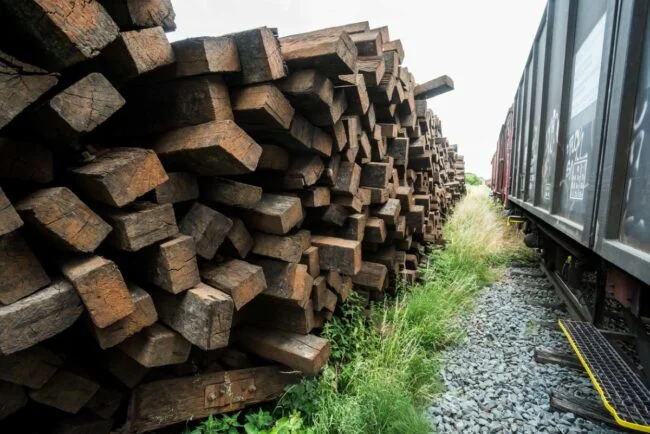
Don’t derail your dumpster plans with railroad ties. Soaked in creosote, they’re unfriendly to the environment. Seek help to haul them to landfills that accept them.
Your Old Cell Phone:
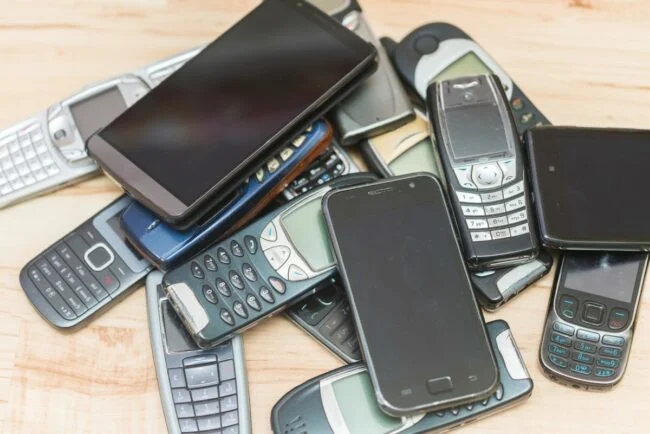
Miniature electronics like cell phones contain valuable minerals. Opt for recycling over dumpster disposal to minimize environmental impact.
Dirty Dirt:
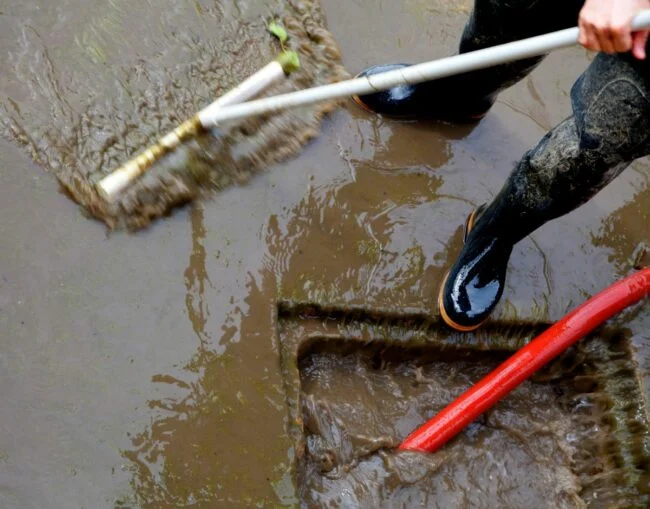
Contaminated dirt isn’t dumpster-friendly. Soil with hazardous waste needs specialized disposal. Choose dirt disposal facilities for proper treatment.
Some Large Items:
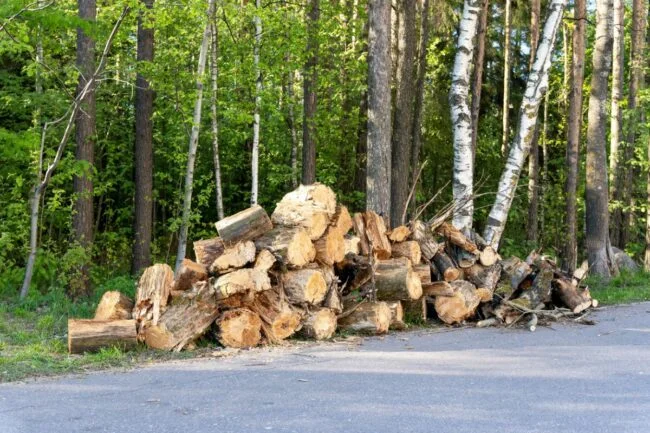
Size matters, especially for large objects like boulders and tree trunks. Confirm with your dumpster provider about acceptable items to avoid consuming valuable landfill space.
Power Tools:
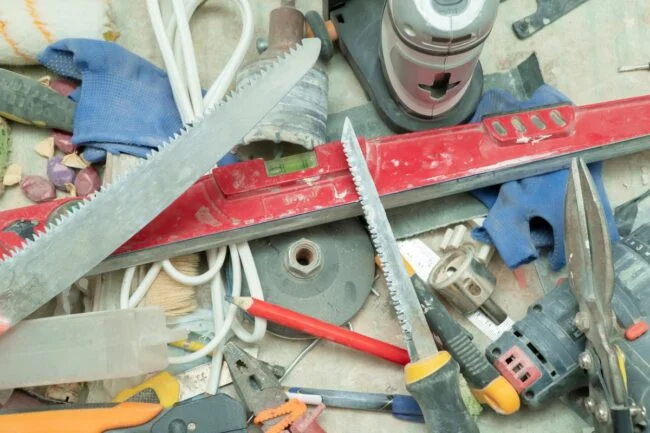
Your worn-out power tools have more life left in them. Don’t dump them; recycle at local home improvement stores with dedicated bins.
Conclusion:
As you embark on your disposal journey, remember that not everything can take the dumpster route. Environmental consciousness and safety considerations demand a more thoughtful approach. Give your items the right send-off, ensuring a cleaner and safer disposal process.
images source: istockphot.com

